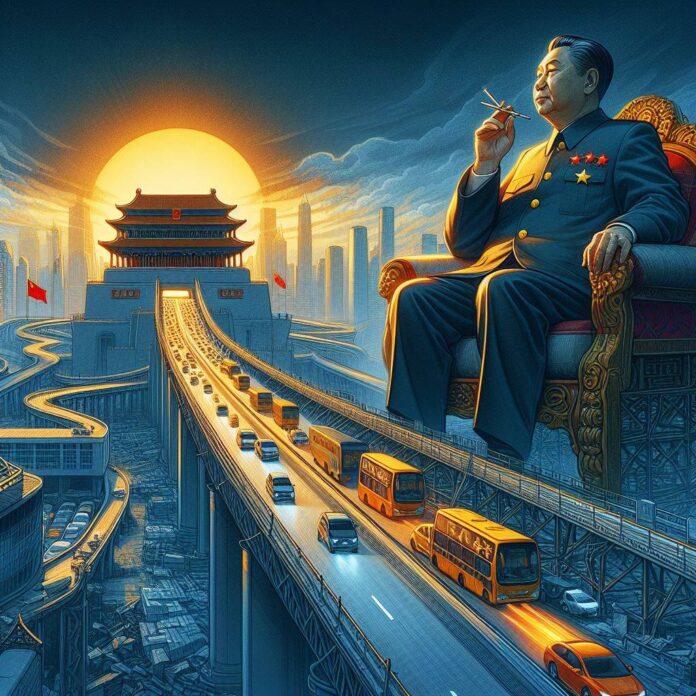Thai experts urge government to crack down on illegal Chinese businesses to protect local industries. Emphasis on boosting Thai brand value, quality, regulating imports, and implementing fair trade measures globally.
Urging Government Crackdown on Illegal Chinese Businesses in Thailand
Experts in Thailand are calling for government action to curb illegal Chinese businesses flooding the market with cheap products. They worry this influx is making it hard for local firms to compete. The solution, they suggest, includes boosting Thai business brand value and product quality. Additionally, stronger government oversight and tariff measures on Chinese goods are essential to safeguard local businesses and consumers.
The Global Trade Dilemma and Its Impact on Local Markets
The global surge of inexpensive Chinese products is sparking debates on fair trade. Countries like Thailand, the U.S., and the EU are concerned about "dumping"—exporting goods below cost to undermine local markets. In response, Thailand is collaborating with various authorities to protect small businesses, while the EU considers tariffs on low-cost imports. Balancing affordable imports with fair competition remains a complex global challenge, requiring international cooperation and regulation.
The market is currently witnessing an influx of inexpensive Chinese products that have inundated stores and e-commerce platforms globally. This surge has stirred significant debate among various stakeholders, prompting calls for stricter regulations and oversight to mitigate potential economic repercussions. Critics argue that the pervasive presence of these low-cost items creates an uneven playing field, posing a threat to local manufacturers and industries struggling to compete with the artificially-low prices.
Small businesses, in particular, feel the pinch as they find it increasingly difficult to match the cost efficiency and production speed of their Chinese counterparts. This competitive disadvantage often leads to a loss of market share, forcing some domestic companies to downscale or even shut down operations. Additionally, there are growing concerns about the quality and safety standards of the imported goods. Various reports have highlighted instances where these products failed to meet local safety regulations, exacerbating consumer protection issues and raising questions about the efficacy of current import controls.
The economic strain is paralleled by broader geopolitical tensions, with policymakers advocating for more stringent measures to curb the dominance of Chinese imports. Proposed actions include heightened tariffs, stricter customs inspections, and comprehensive scrutiny of supply chains to ensure compliance with local standards. Such measures aim to encourage fair trade practices and protect local industries from being undermined by foreign competition.
Proponents of the crackdown underscore the necessity of safeguarding national economic interests and promoting selfsufficiency. They posit that fostering a robust domestic manufacturing sector is essential for long-term economic stability and growth. Conversely, some analysts caution against overly aggressive interventions, suggesting that they could lead to retaliatory actions and escalate trade conflicts.
The debate also extends to consumers, who benefit from the affordability of Chinese goods but may face higher prices and less variety if a comprehensive crackdown is implemented. Balancing these diverse interests remains a complex challenge for policymakers, who must navigate the fine line between protecting domestic industries and preserving consumer welfare in an increasingly interconnected global economy.
Source : Flood of cheap Chinese goods sparks calls for crackdown


